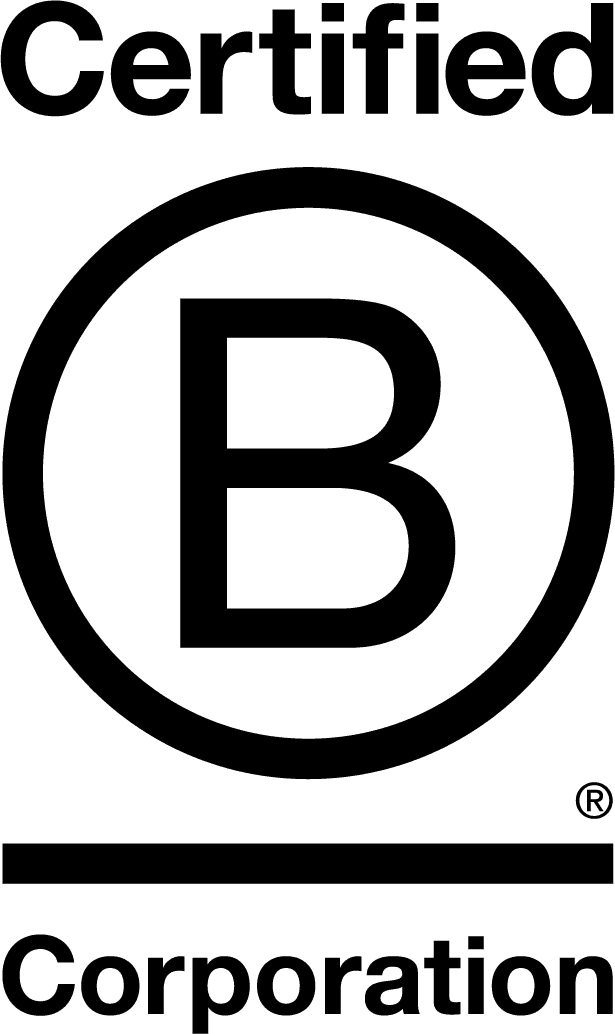

Coo-Mon Accessoires et Cultures

1.6
Quebec, Canada
November 2025
Apparel
Manufacturing
Canada,
France,
Italy,
United Kingdom,
United States
Coo-Mon is a Montreal-based company operating primarily online, dedicated to creating durable accessories that combine contemporary design with fabrics inspired by cultures from around the world. Each piece is designed and made locally through an ethical approach that emphasizes quality, durability, and repairability. The company is committed to reducing its environmental impact by promotingCoo-Mon est une entreprise montréalaise présente principalement en ligne, dédiée à la création d’accessoires durables qui allient design contemporain et tissus d’inspiration du monde. Chaque pièce est conçue et fabriquée localement, dans une démarche éthique qui privilégie la qualité, la durabilité et la possibilité de réparation. L’entreprise s’engage à réduire son impact environnemental en favorisant les circuits courts, les matériaux responsables et la production locale. Coo-Mon utilise son activité comme une force positive pour la société, en soutenant des causes éducatives et communautaires à travers des dons, du bénévolat et des collaborations solidaires. Par son approche inclusive et sa célébration de la diversité culturelle, Coo-Mon cherche à inspirer une consommation plus consciente et à contribuer à une économie circulaire, équitable et respectueuse des personnes comme de la planète.
Overall B Impact Score
Governance 7.3
Governance evaluates a company's overall mission, engagement around its social/environmental impact, ethics, and transparency. This section also evaluates the ability of a company to protect their mission and formally consider stakeholders in decision making through their corporate structure (e.g. benefit corporation) or corporate governing documents.
What is this? A company with an Impact Business Model is intentionally designed to create a specific positive outcome for one of its stakeholders - such as workers, community, environment, or customers.
Community 76.8
Community evaluates a company’s engagement with and impact on the communities in which it operates, hires from, and sources from. Topics include diversity, equity & inclusion, economic impact, civic engagement, charitable giving, and supply chain management. In addition, this section recognizes business models that are designed to address specific community-oriented problems, such as poverty alleviation through fair trade sourcing or distribution via microenterprises, producer cooperative models, locally focused economic development, and formal charitable giving commitments.
What is this? A company with an Impact Business Model is intentionally designed to create a specific positive outcome for one of its stakeholders - such as workers, community, environment, or customers.
Environment 10.6
Environment evaluates a company’s overall environmental management practices as well as its impact on the air, climate, water, land, and biodiversity. This includes the direct impact of a company’s operations and, when applicable its supply chain and distribution channels. This section also recognizes companies with environmentally innovative production processes and those that sell products or services that have a positive environmental impact. Some examples might include products and services that create renewable energy, reduce consumption or waste, conserve land or wildlife, provide less toxic alternatives to the market, or educate people about environmental problems.
Customers 3.7
Customers evaluates a company’s stewardship of its customers through the quality of its products and services, ethical marketing, data privacy and security, and feedback channels. In addition, this section recognizes products or services that are designed to address a particular social problem for or through its customers, such as health or educational products, arts & media products, serving underserved customers/clients, and services that improve the social impact of other businesses or organizations.